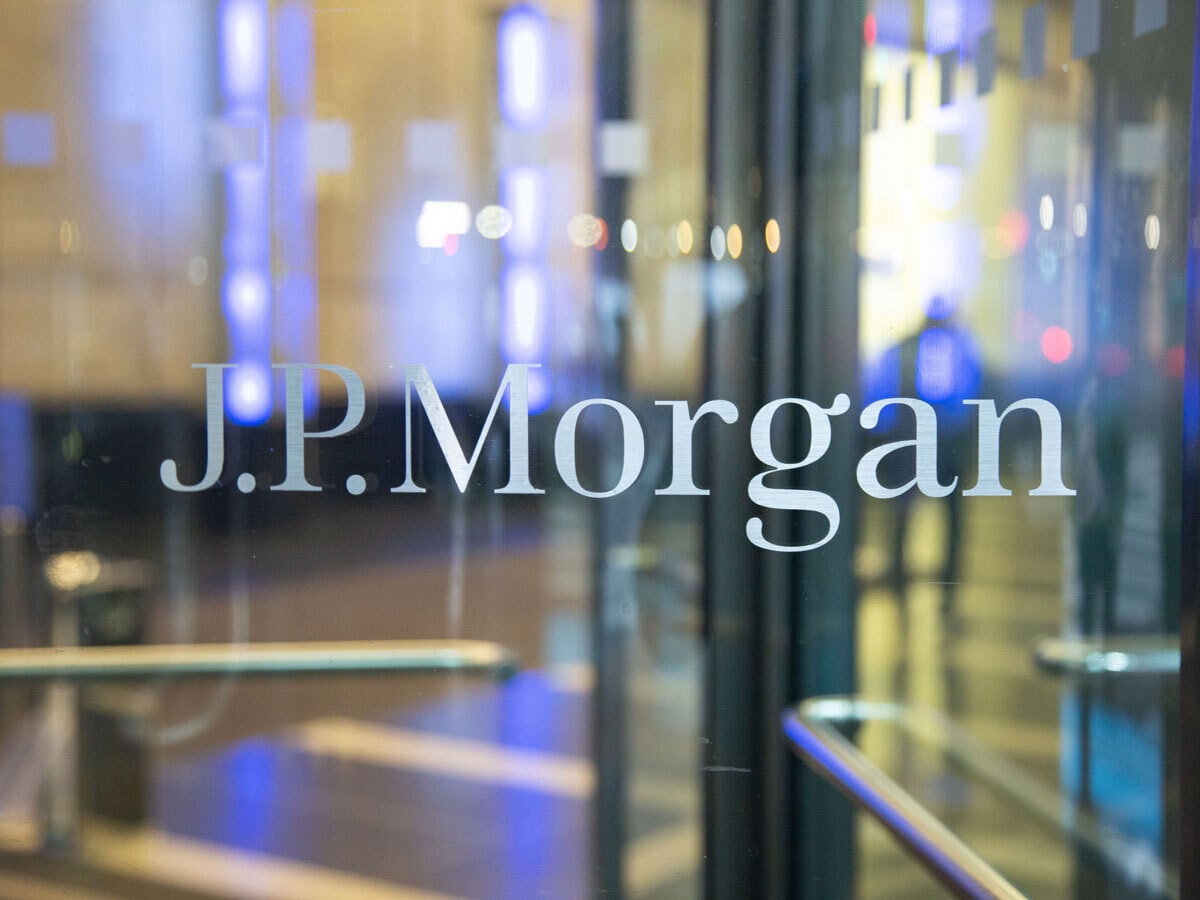JPMorgan says the ETF market will reach $15trn by 2028, up from $7trn, with active funds being increasingly important. Beyond the US, a tax treaty has consolidated Ireland’s lead over Luxembourg as the central hub for domiciling European funds.
- ETF market will double in value by 2028, says JPMorgan, with active funds slated to grow substantially.
- Ireland is home to the most ETFs of any country in Europe, with $953bn of assets under management.
- iShares Core MSCI Emerging Markets ETF is one of the largest ETFs available.
JPMorgan [JPM] last week predicted that the ETF market value will double within the next five years, reaching around $15trn in value.
Bryon Lake, global head of ETF solutions at the investment bank, said the industry was on “the very beginning cusp of what could be substantial growth” and that active ETFs would expand to take a fifth of market share.
The ETF market has already soared from less than $2trn-worth of assets 10 years ago to approximately $7trn. Some 430 funds were launched last year alone.
ETFs are soaring in popularity due to several factors, among them the fact they are simple for investors to understand and give exposure to diverse baskets of stocks, offering the ability to zero in on specific sectors like energy or healthcare.
Active funds set to expand role
The first ETFs, or exchange-traded funds, were launched back in 1993. As their name suggests, they are traded on exchanges and are regarded by some as a rival to mutual funds.
Historically, they were mainly a form of passive investment, but newer, actively-managed funds offer the benefit of active oversight by financial professionals, with the weightings of their holdings often changing by the day.
The appetite for active ETFs is steadily rising in the US and, increasingly, in Europe. In 2022, more than 60% of new launches were actively managed.
The ETF market has ample room for growth. According to BlackRock data, the funds still represent only 3.9-12.6% of equities and 0.3-2.5% of fixed-income assets in global financial markets.
In 2022, ETF trading volumes were the highest ever recorded, with over $53trn traded, up from $41trn in 2021.
Ireland is the European ETF capital
Meanwhile, Ireland has cemented its place as the key hub for domiciling European ETFs. Funds based in Ireland now account for some 67% of the European market.
The country has raced ahead of Luxembourg, another key jurisdiction where issuers can domicile ETFs.
According to data from ETFbook, Ireland had already begun to pull ahead by 2017, when it boasted 199 ETFs with $305bn assets under management (AUM), compared to Luxembourg’s 146 ETFs, worth $115bn.
At present, however, Ireland is home to approximately 1,789 ETFs with $953bn AUM, accounting for 67% of the total European ETF market, while Luxembourg has $277bn.
Ireland “is clearly taking the leading position in terms of asset growth, attracting new fund promoters and therefore new launches”, said Pawel Janus, co-founder and head of analytics at ETFbook.
One reason for this rapid uptick is a US/Ireland tax treaty which means US equity ETFs domiciled in Ireland are responsible for a 15% withholding tax rate on dividends. By contrast, launching an ETF in Luxembourg and other jurisdictions implies a 30% tax rate.
Funds in Focus: iShares Core MSCI Emerging Markets ETF
The iShares Core MSCI Emerging Markets ETF [IEMG] is one of the biggest ETFs available, with $70.7bn in net assets as of 10 February.
Of its 2,678 holdings, Taiwan Semiconductor Manufacturing (TSMC) [2330.TW] has the highest allocation, with Tencent [0700.HK], Samsung [005930.KS] and Alibaba [9988.HK] following closely behind. Year-to-date, the fund is up by 6.1%.
ETFs that track bonds rather than shares are also proving popular so far in 2023 against a backdrop of recession fears. Options include the iShares iBoxx $ High Yield Corporate Bond ETF [HYG], which as of 10 February, was managing $16.5bn of assets. The fund is up by 2% year-to-date.
Morningstar recently picked out the Dimensional International Core Equity Market ETF [DFAI] as its number-one international stock fund. As of 10 February, its top holdings are Nestle [NSRGY] and Shell [SHEL.L]. The fund is up by 7.5% year-to-date.
Disclaimer Past performance is not a reliable indicator of future results.
CMC Markets is an execution-only service provider. The material (whether or not it states any opinions) is for general information purposes only, and does not take into account your personal circumstances or objectives. Nothing in this material is (or should be considered to be) financial, investment or other advice on which reliance should be placed. No opinion given in the material constitutes a recommendation by CMC Markets or the author that any particular investment, security, transaction or investment strategy is suitable for any specific person.
The material has not been prepared in accordance with legal requirements designed to promote the independence of investment research. Although we are not specifically prevented from dealing before providing this material, we do not seek to take advantage of the material prior to its dissemination.
CMC Markets does not endorse or offer opinion on the trading strategies used by the author. Their trading strategies do not guarantee any return and CMC Markets shall not be held responsible for any loss that you may incur, either directly or indirectly, arising from any investment based on any information contained herein.
*Tax treatment depends on individual circumstances and can change or may differ in a jurisdiction other than the UK.
Continue reading for FREE
- Includes free newsletter updates, unsubscribe anytime. Privacy policy





